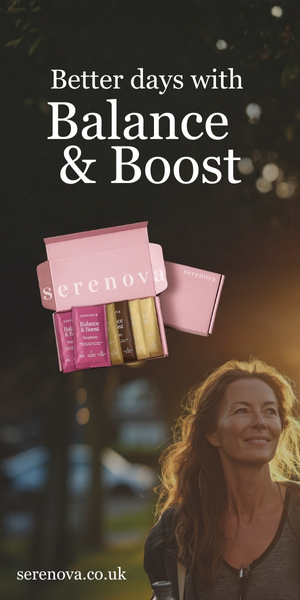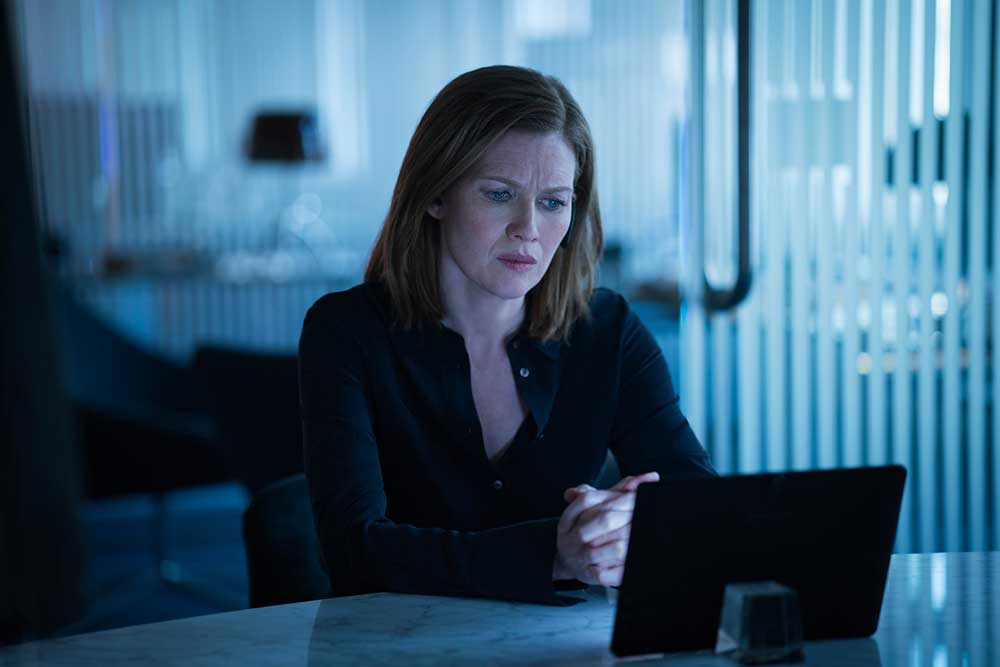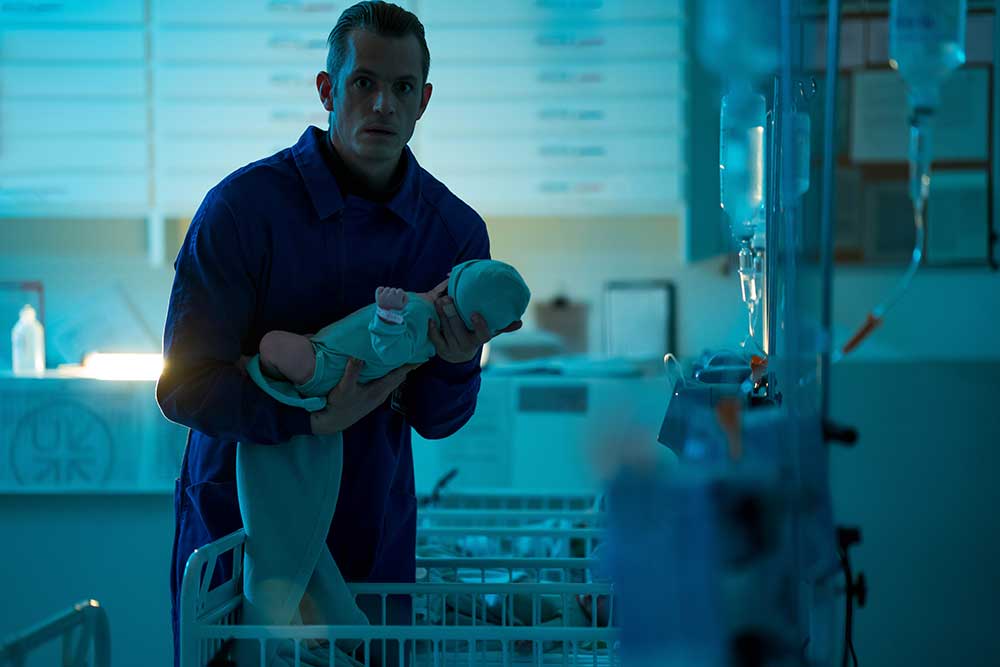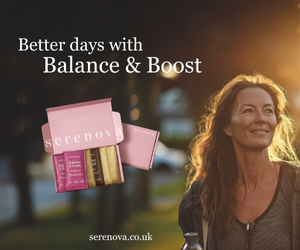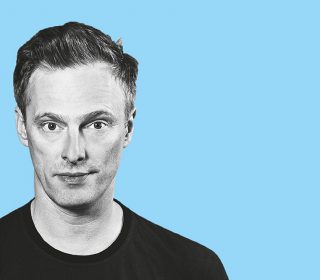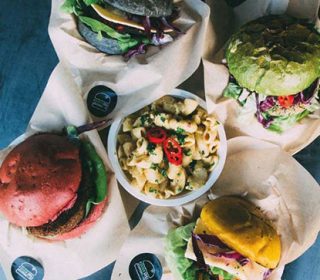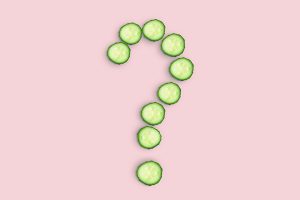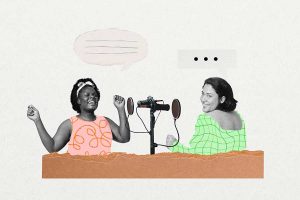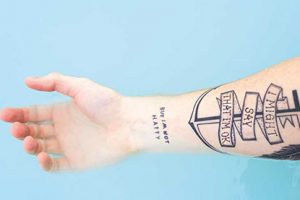Joel Kinnaman and Mireille Enos on working together again in new Amazon series, Hanna
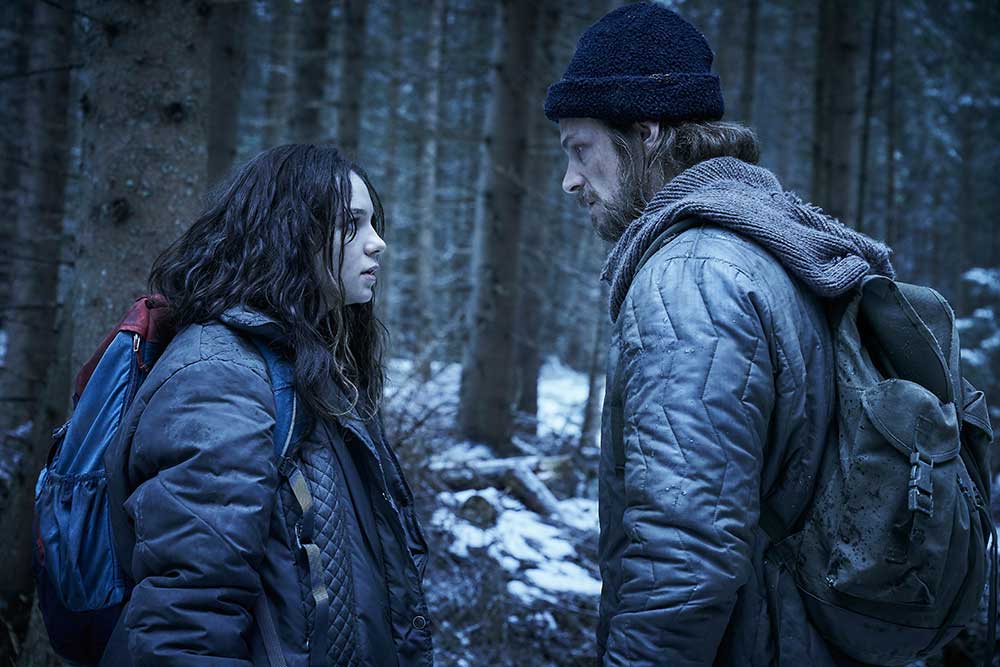
Co-stars of new Amazon series, Hanna, Joel Kinnaman and Mireille Enos talk to Balance about how it feel to work together again, how technology is taking over, and how they find balance within their hectic schedules.
YOU’VE WORKED TOGETHER IN THE PAST ON THE KILLING HOW HAS IT BEEN FOR YOU BOTH WORKING TOGETHER TO PORTRAY THE CLASHING CHARACTERS IN HANNA?
Joel: It was very different, but that was kind of the criteria for us, to find something new to work together on, where the dynamic would be completely opposite from The Killing. It was one of the most exhilarating things, particularly in episode 4, which is where we have the meat of our stuff, and I quickly realised that although we are playing completely different characters we still have that flow.
Mireille: I wasn’t worried, I thought it would be really fun to examine playing enemies and what that feels like. It’s interesting because in The Killing we were playing people who had each other’s backs but both of us were hiders so we didn’t spend a tonne of time actually looking each in the eye. In Hanna, we’re playing enemies and we’re actually looking at each other a lot more. It’s like seeing who will blink first.
JOEL, YOU PLAY AN INCREDIBLY STRONG FATHER FIGURE. THIS IS SOMETHING THAT WE RARELY SEE ON THE BIG OR SMALL SCREEN, IS THAT SOMETHING THAT APPEALED TO YOU ABOUT THIS ROLE?
J: That’s something that really drew me in, it’s such a strange father-daughter relationship and he’s probably not the best father in the world but he’s definitely dedicated. For me, Erik was a person who lived a very negative life and inflicted a lot of pain onto people around him and alienated every person that has ever loved him. He then makes this one decision and it becomes a way for him to redeem himself.
MIREILLE, HOW DID YOU APPROACH THE AMBIGUOUS BACKSTORY OF YOURS AND JOEL’S CHARACTERS?
M: It’s not ambiguous to us so that’s fun. The thing that’s beautiful about David’s writing is that it’s so spare so we can know whatever the story is that we have created but human beings don’t actually sit and talk about their back story, we do talk in episode 4 about some of the shared experiences that we’ve had but it leaves room for the imagination of the audience to wonder. I think that we reveal a lot more than in the film.
JOEL, HOW DID YOU PREPARE FOR THE INTENSITY OF YOUR ROLE?
J: The physical aspect for me was something where I wanted to polish up on some of my skills and martial arts. I train pretty regularly, it’s my hobby, but for a couple of weeks I started working with some stunt guys to sharpen some skills. I also have the survivalist aspect of the role so I wanted to get a seed of a real experience that I could then fantasize around how it would be to be completely removed from society. So, I got a cabin up in the Tatra mountains for 3 days and it was pretty intense. I was pretty disheartened by how incredibly ill-equipped I was to deal with that boredom. It was -20 degrees with no electricity, no running water, so I had to heat the stove, make a fire, and find something to pass the time.
You remove yourself a little bit and then you realise how thin our layer of civilisation is and how dependent we are on it. It was a healthy exercise for my mind and it was also really revealing how pathetically dependent I am on all my devices. The screen time thing you have on your phone is so depressing. I look at people who refuse to have smartphones as heroes now.
M: I have two small children so that’s something I watch, phones have been around for their whole lives. I don’t mind them watching narrative stories, there’s a lot to be learned but my little 4 year old will want to watch it on my tiny phone, there’s this intimacy that he craved, it’s like crack! Getting the phones out of their hands is hard. We were in France, staying in a beautiful castle and my 8 year old asked me for the iPad and I said, “100% no. Look out your window!” We need to make space for life and letting experiences in, and I need to do that myself.
HOW DO YOU DISCONNECT FROM WORK AND FIND YOUR BALANCE?
M: I do taekwondo and have for 12 years and that’s definitely a place of balance for me. It allows my mind to go quiet. It’s especially handy in a show like this where there’s all this emotional storytelling and also some action too.
J: Training is a huge part of my life. I’m obsessed with Brazilian Jiu-Jitsu which I do several times a week. I also train in Thai boxing, I surf, workout, I have to be active and get that kind of release, I also meditate and try to stay off my phone.
Hanna is available on Prime Video 29th March



